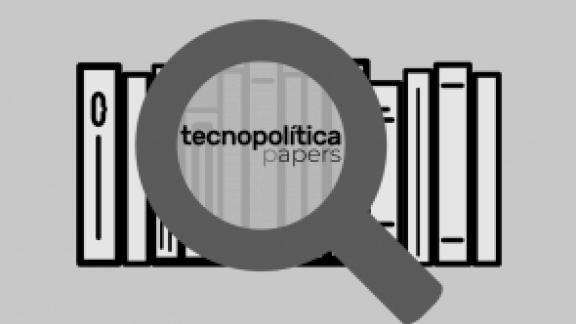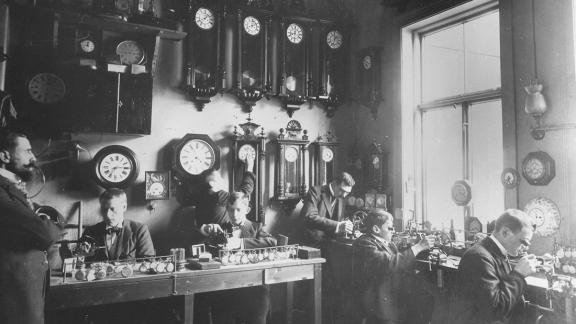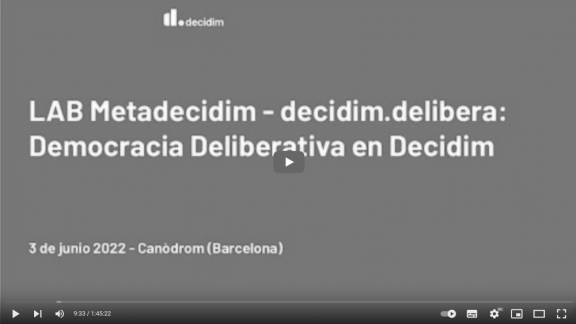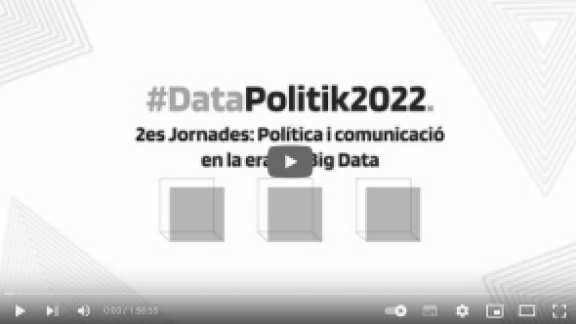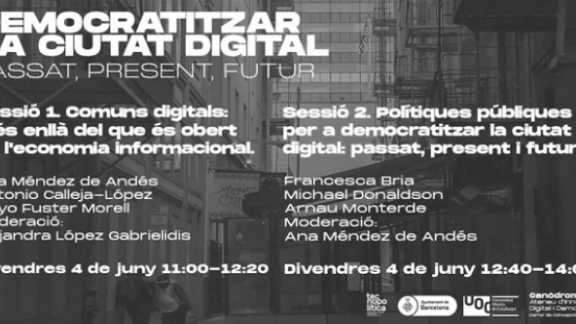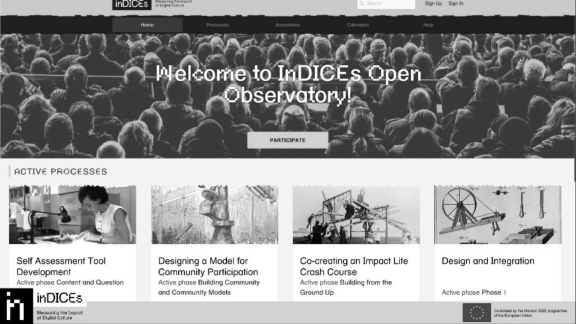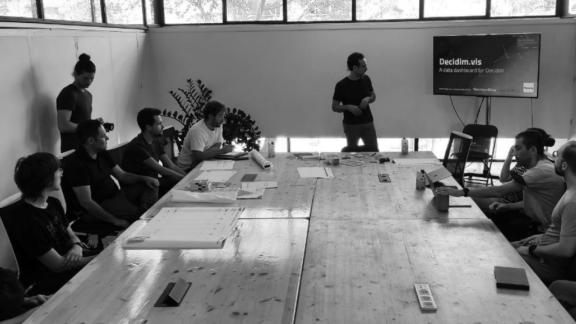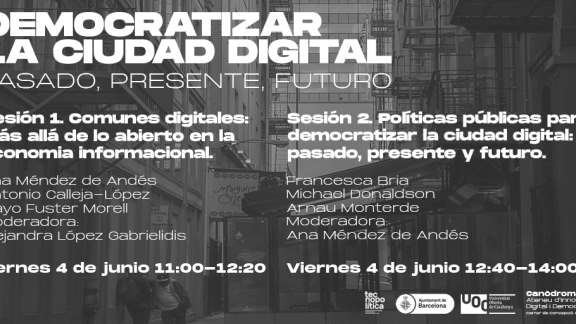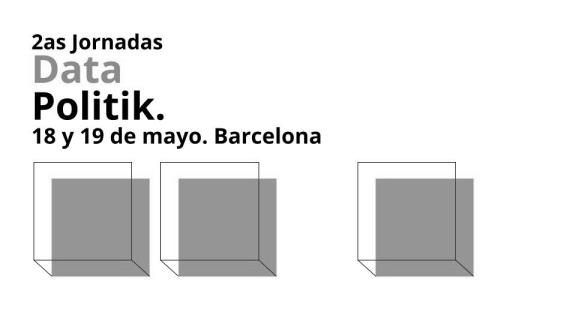>D2<

Framework
In the 1990s and 2000s, numerous voices stressed the possibilities of digital networks and platforms to transform the public sphere, parties and the state, to increase transparency, cooperation and participation within them. Moreover, they were celebrated as the seeds of a new information economy and society, promising new forms of personal creativity, knowledge production and social self-organization. Recent years, however, have been marked by a growing pessimism about the political, economic and social effects of digitalization. In the political sphere, the rise of datapolitik - the strategic use of big data to influence political processes - has been denounced. This has gone hand in hand with phenomena such as the proliferation of fake news and polarization. In the economic sphere, the emergence of a data, platform or surveillance capitalism has been diagnosed, defined by the continuous extraction of personal and social data for purposes such as the creation of new forms of exploitation of material and human resources, the development of new products and services, the acceleration of their circulation and financialization, and the increase in their consumption through various forms of (always limited) behavioral modification. All this has deepened trends such as the precarization of labor, the emergence of monopolies, or ecological unsustainability. Finally, in the social sphere, the rise of these new forms of political intervention and economic production herald the rise of datacracy, i.e., forms of social power based on the production, control and use of data.
In D2 we try to interrogate these binary schemes, optimistic or pessimistic, regarding the relationship between politics and datafication. The title D2 (pronounced "dedos", "fingers", in Spanish) is, first of all, a nod to the material, manual character of the digital. The binary 1-0 is the basis of the informational world. But the first digits are our fingers, the first instrument of human accounts. It is our hands and fingers that, still in a "digital" society, allow us to build, program and navigate networks. It is with the index finger that, since ancient Greece, we ask for a turn in the assembly, symbol of democracy.
There are two areas of the D2 project: in the first we study how datification transforms the political, and, reciprocally, in the second we explore how the political intervenes in the configuration of datification processes. In this bidirectional relationship, perhaps, the possibilities of both democracy and data are multiplied. Thus, one objective of the project is to move away from the current capitalist and technocratic model of datification of politics (and society itself) towards a democratization of data and of democracy, towards its squaring in a polyhedral data democracy. To close the squared circle of this alliance, in this purpose D2 counts on a foreseeable ally, the robot R2-D2, recently arrived from Star Wars.
Projects
D2 currently has 7 projects, combining research, development and innovation. They explore phenomena present in civil society and the public sphere, political parties, and the State, but also beyond them. Some projects analyze case studies linked to corporate platforms such as Twitter or Facebook, while others study alternative platforms such as Decidim. In methodological terms, the projects are approached from a descriptive and analytical (e.g., network analysis) as well as from a normative and interventional (e.g., technology assessment and development) perspective. All projects have moments or spaces for socialization of knowledge, i.e., moments of open meeting at Canòdrom Barcelona. Furthermore, D2 will also have hackathons open to the public, as well as academic debate meetings between researchers associated with the space.
Areas
Area 1. Datafication of politics: digitally mediated political communication, deliberation and transparency.
- Datapolitik. A project aimed at studying, both qualitatively and quantitatively, communication processes in the networked public sphere, in order to understand the dynamics of polarization and post-truth. In collaboration with Heuristica.
- Delma (Mass Deliberation). A line of work dedicated to qualitatively and quantitatively analyze processes in the Decidim platform, to understand the social structure and deliberative dynamics connected to it, from a comparative and international perspective. Based on this research, Delma also includes intervention in the design of the Decidim platform to improve its deliberative processes (which have been developed in discussions with the Metadecidim community and LAB Metadecidim Research Seminars).
- Calidade (democratic quality). Initiative aimed at defining and operationalizing a framework for the evaluation of democratic quality (with emphasis on the Decidim digital platform). In collaboration with Platoniq
- DecidimVis Project for the development of a Decidim digital platform data dashboard, based on standards in fields such as Computational Social Science and democratic innovation.
- Externalizapp. Collaboration oriented to develop a database and a viewer to analyze the outsourcing of contracts in the public sector.
Area 2. Politics of data: governance, economics and data justice.
- Democratic Data BCN. Initiative focused on the definition of a minimum model of democratization of data governance in Barcelona, in collaboration with the Municipal Data Office of the Barcelona City Council.
- Political economy of the digital city. Project to analyze the narratives and public practices around the digital economy in Barcelona 2011-2022
| This project has been co-financed by: |
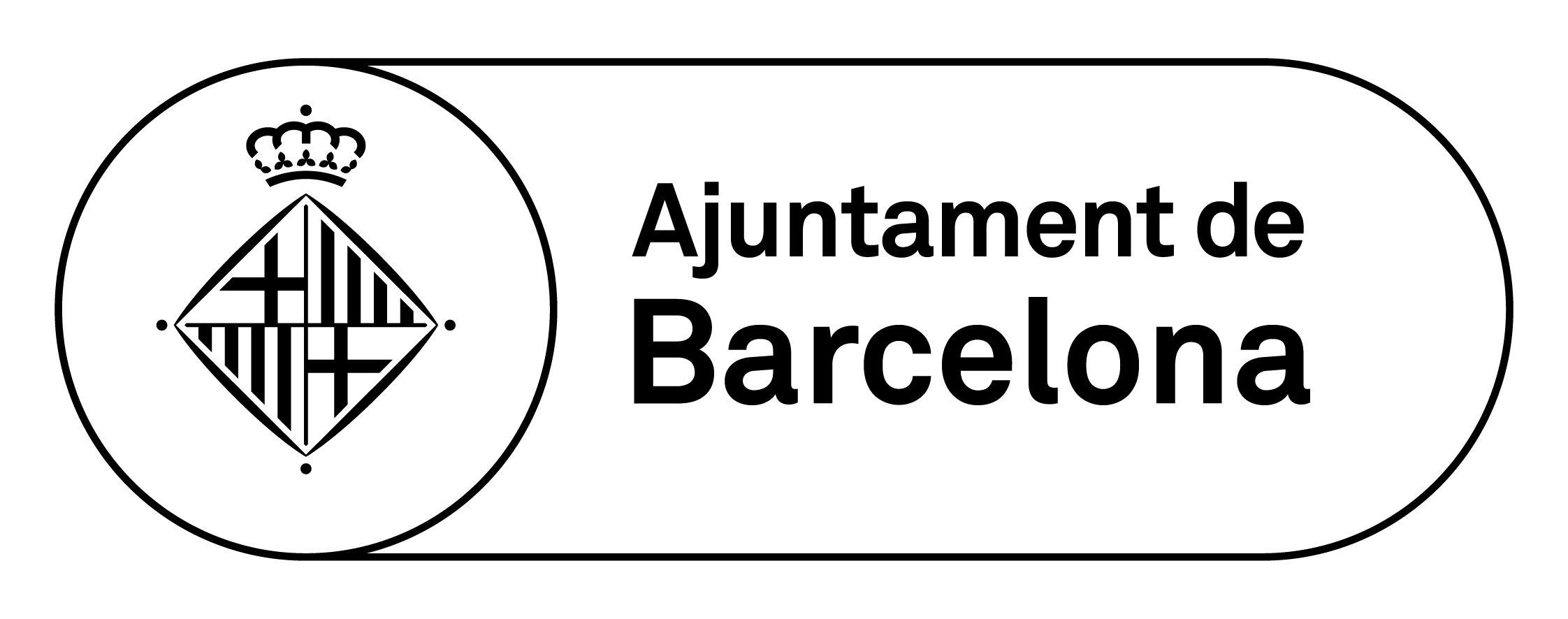 |
